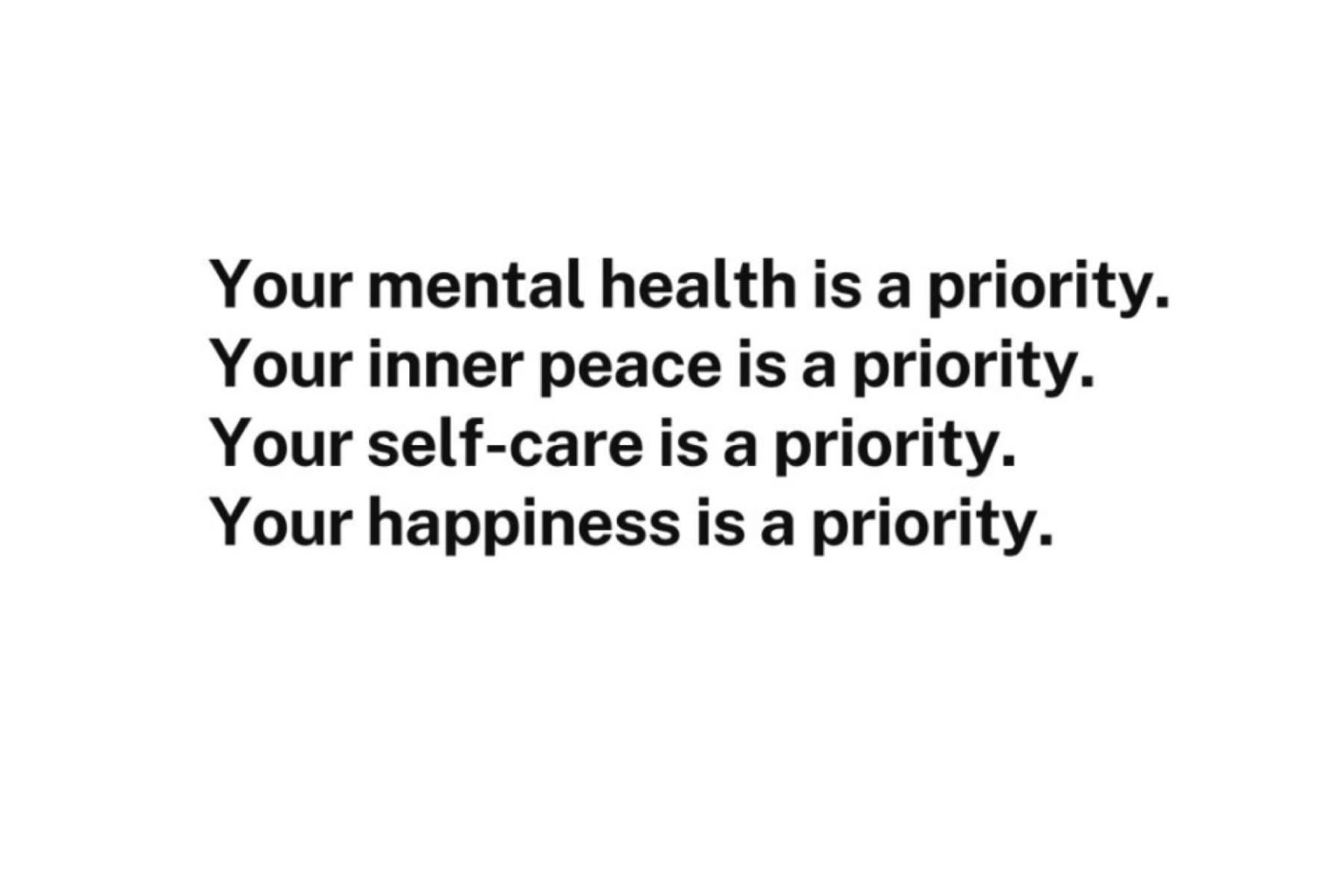Quit Smoking: Smoking cessation is one of the most effective behaviors a person can change, and it is a well-known fact that support may be very useful during this process. In the current world, a variety of smoking apps are developed to help smokers manage to quit smoking since there is nothing as good as having the best tools.
However, this is only sometimes the case, and choosing the right app that fits the needs of the individual using it will make all the difference. Here, we provide a complete guide on selecting the right craving to quit app, important features to look for, general benefits, and more.
Key Features to Look For
When searching for the best app to help quit smoking, keep an eye out for the following features:
- Tracking Progress
Using a quit-smoking app, you should be able to monitor its use from time to time. Consider options that can show you the time elapsed since you quit, how much money you have saved, and the changes in your health. Meanwhile, the Quit Smoking Day counter app feature is quite useful for visualizing the overall course.
- Personalized Plans
Smokers have peculiarities; everyone needs something different. The best of the apps should provide plans depending on your smoking profile, choice, and the quit date. Individualized strategies are likely to offer high chances of achievement, given that you consider each case.
3. Support Community
Some applications allow people to connect to forums or support groups where they can discuss achievements and problems. Support from like-minded people so that people can be motivated to carry on with what they want to do.
- Educational Resources
Search for applications that contain information about the negative impact of smoking, ways to deal with urges, and ways to live a smoke-free life. It also helps to spread information and create more awareness of your goal to ensure you remain committed at the end of the day.
5. Reminders and notifications
Some applications allow users to receive push notifications or remind them to stay on track and continue exercising. They may tell you you have daily goals, help you remember why you quit, or ask you to check on yourself.
- Coping with Cravings
The toughest thing about smoking cessation is the urge, the thing that prevents many people from successfully quitting. Ideally, an effective app will help users by offering tips, exercises, and ways to cope with cravings. The Craving to Quit app is uniquely tailored to assist users in addressing their needs in the best way possible.
Tips to Enhance Effective Use of the Selected App
There is a high probability that you will quit smoking if you use an app correctly to help you quit smoking. Here are some tips to enhance your experience with the selected Craving to Quit app:
- Set Clear Goals: It may involve setting concrete targets within the app’s context, such as limiting the number of cigarettes consumed per day or selecting a quit date.
- Utilize Educational Resources: Examine the educational application’s articles, videos, and podcasts. Knowing how people quit might help you build strategies for managing the recovery process, feelings of withdrawal, and food cravings.
- Engage with Community Support: If the app has a community feature, join the community. Post your experiences, and seek recommendations from others. Support groups can offer encouragement and motivation from other individuals who are going through the same experience.
- Customize Notifications: Set your goals on an everyday bassist and individual alarms that will help you stick to them. Some of these can be inspirational messages encouraging the client to record daily activities. Or simply reminding the client to engage in coping skills in handling Withings.
Evaluate Reviews and Ratings
It is also important that you spend some time reviewing how other people have rated them and their opinions. This will help one to identify the overall efficiency. And reliability of the app by paying attention to all the positive and negative comments.
In case there are multiple apps for a particular problem, consider how long the app has been in use since it is likely that old apps will have more resources and support.
Conclusion (Quit Smoking)
Selecting the right quit-smoking app can enhance your journey toward quitting the smoking habit. If you understand your needs, search for the necessities, and look through the most searched tools, such as the Craving to Quit app, you can define the most suitable one.
So take it one day at a time, and be sure to have fun along the way in stopping smoking. It is possible to quit smoking for good with a little help from a relevant app and the will to change.
FAQs
Do smoking cessation apps work?
Yes, many types of smoking cessation applications help in supporting, motivating, …

















